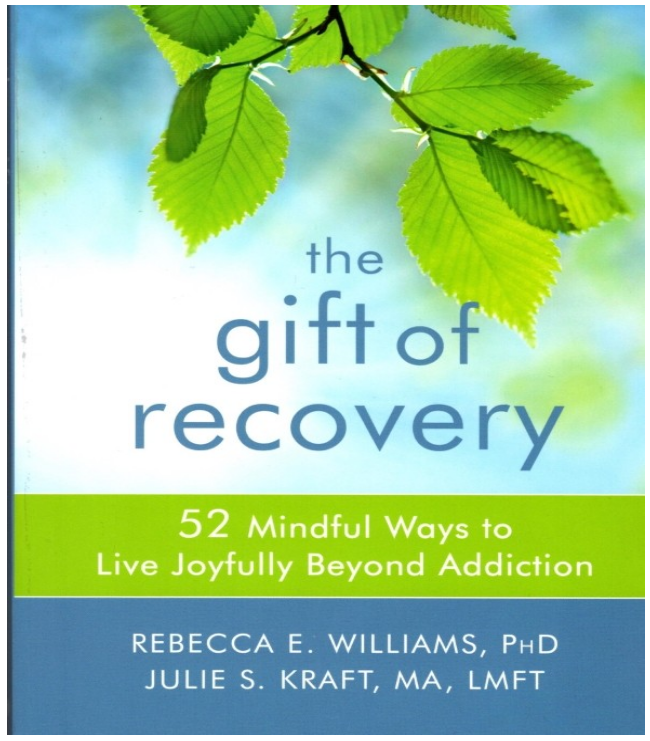
What Is Spirituality in Addiction Recovery?
Within the modern recovery field, spirituality in recovery stretches far beyond formal religious beliefs. It refers to any intentional practice—silent prayer, ocean meditation, gratitude journaling, sunrise runs, reading spiritual books, or volunteering—that connects an individual with purpose larger than the next craving. By acknowledging a higher power (whether framed as God, nature, community, or inner wisdom), people with a substance use disorder gain fresh motivation to trade destructive substance use for values-driven living.
These personal spiritual beliefs invite rigorous self-examination, helping participants shed shame and build honest identity. Research shows that cultivating a rich spiritual life improves mental health, lowers stress hormones, and even bolsters physical health markers—powerful adjuncts to clinical addiction treatment. Programs as different as SMART Recovery and the twelve steps both champion spiritual exploration, because consistent spiritual progress rewires brain pathways linked to resilience and impulse control. In short, embracing the spiritual dimension gives recovering individuals a durable anchor—one that transforms episodic abstinence into sustainable freedom.
The Role of Spirituality in the Healing Process
Finding Purpose Beyond the Addiction
A core wound of substance use disorder is hopelessness. Spiritual exploration helps people ask deeper questions: “Who am I when I’m not using?” Anchoring identity in service or a higher power rewires motivation away from escape and toward contribution.
Rebuilding Self-Worth Through Spiritual Connection
Shattered self-esteem often accompanies relapse. Spiritual practices such as gratitude lists, mantra meditation, and reading daily meditation books nurture self-compassion, reminding participants that worth comes from intrinsic value, not past mistakes.
How Faith and Belief Can Guide Long-Term Sobriety
Whether anchored in traditional religious beliefs or secular awe, faith offers a compass when triggers strike. Believing that a higher power can do what willpower alone could not becomes a protective factor, guiding choices even decades into sobriety.

Addiction Recovery
Developing a Stronger Sense of Self and Inner Peace
Mindful prayer and breathwork calm the nervous system, lowering cortisol and improving overall mental health. Inner stillness makes room for honest inventory and growth.
Fostering Connection, Community, and Support
Shared readings, AA pins, and alcoholics anonymous coins symbolize milestones that spark conversation and fellowship. Community reinforces recovery far more than isolated willpower.
Building Resilience and Coping Mechanisms
When grief or anxiety flare, spiritually informed tools—scripture verses, walking meditations, calling a sponsor—provide healthy, fast-acting substitutes for addictive urges.
Promoting Forgiveness, Gratitude, and Acceptance
Spiritual inventories encourage amends and gratitude, proven antidotes to resentment—one of the top relapse triggers cited in addiction treatment studies.
Reducing Isolation and Feelings of Loneliness
Regular gatherings—Sunday services, sunrise yoga, or 12-step meetings—combat loneliness, a common driver of continued substance use.
The Long-Term Impact of Spiritual Addiction Growth Post-Recovery
Research links ongoing spiritual practice to lower stress markers, improved physical health, and decreased co-occurring mental health conditions like depression. People who nurture spiritual progress often pay forward their wisdom, mentoring newcomers and expanding ripples of hope.
How Spirituality Supports the Recovery Journey
Building Inner Strength and Resilience
Consistently handing worries over to a higher power—whether through morning meditation, breath prayers, or mindful walks—cultivates a blend of humility and quiet courage. That combination strengthens neural pathways tied to patience and emotional regulation, reinforcing structured relapse-prevention plans. When anxiety spikes or triggers appear, the practiced act of spiritual surrender provides a stabilizing pause, allowing healthier coping tools to engage before cravings escalate. Over time, this daily discipline forges resilient self-trust: the conviction that you can navigate stress without returning to substance use, bolstering both your recovery and overall mental health.
Replacing Shame with Self-Compassion
Spiritual teachings reframe past failures as lessons, encouraging gentle self-talk that aligns with best practices in modern mental health therapy.
Developing Healthy Coping Mechanisms
From breath prayers to forest hikes, spiritual disciplines replace needless risk with sensory grounding, improving overall addiction treatment outcomes.
Overcoming Barriers to Spiritual Growth in Recovery
Common obstacles include skepticism, religious trauma, or fear of dogma. Start small: a gratitude journal, guided meditation app, or supportive recovery apparel that reminds you to “Keep the Faith.” The goal is authenticity, not forced conformity.
How To Incorporate Spirituality Into Your Recovery Today
Morning ritual – Begin each day with five minutes of silent breath work or a page from your favorite daily meditation books. This anchors intention and steadies mental health before external stressors appear.
Service – Strengthen gratitude by sponsoring newcomers, sharing your story at meetings, or stocking shelves at the local food bank. Acts of service align behavior with a higher power and reinforce lessons learned in formal addiction treatment.
Community – Join sunrise yoga on the pier or seaside mindfulness sessions after surf lessons San Diego; collective movement nurtures fellowship and deepens your spiritual life.
Symbols – Carry meaningful tokens—AA pins, alcoholics anonymous coins, or uplifting recovery apparel—to remind you of milestones and your ongoing connection to something greater.
Education – Rotate through spiritual books that resonate with your worldview, from Stoic philosophy to Buddhist compassion. Continuous learning fuels ongoing spiritual progress and keeps your recovery toolkit fresh.
Conclusion
Integrating spirituality isn’t about preaching—it’s about engaging every layer of being: body, mind, and spirit. From reduced relapse risk to better mental health and physical health, adding spiritual depth to your addiction recovery journey can transform mere sobriety into thriving wholeness. Whether you lean on twelve steps traditions, secular mindfulness, or personal spiritual beliefs, remember that progress, not perfection, is the metric. Invite a higher power into the process, suit up in your favorite recovery apparel, and let each day’s quiet practices move you closer to lasting freedom.
